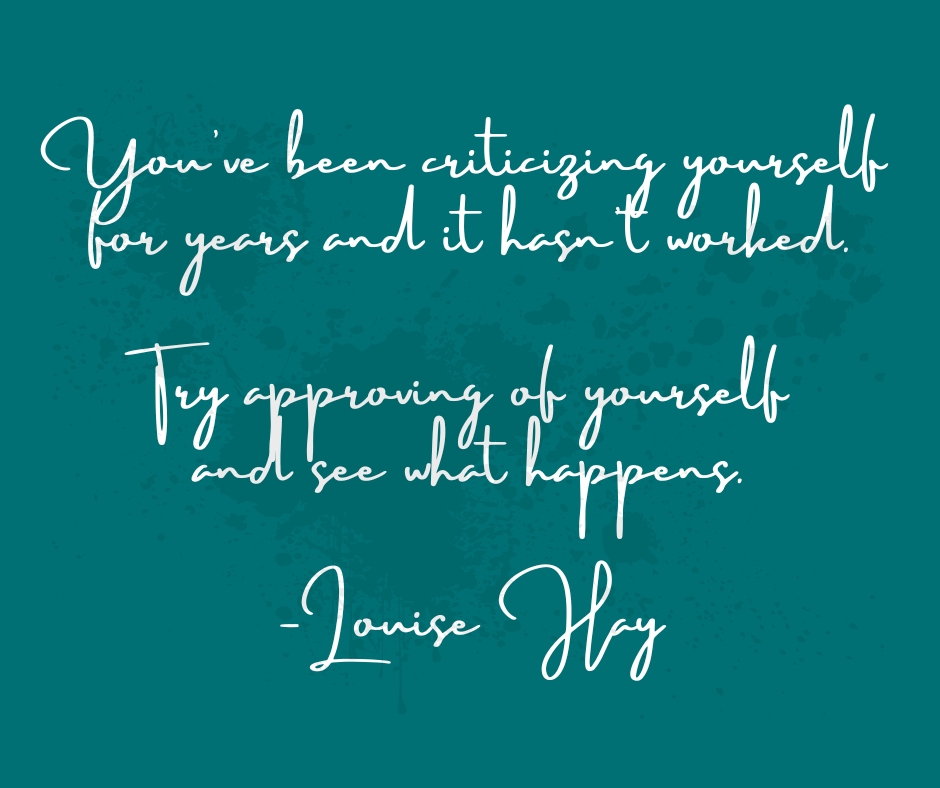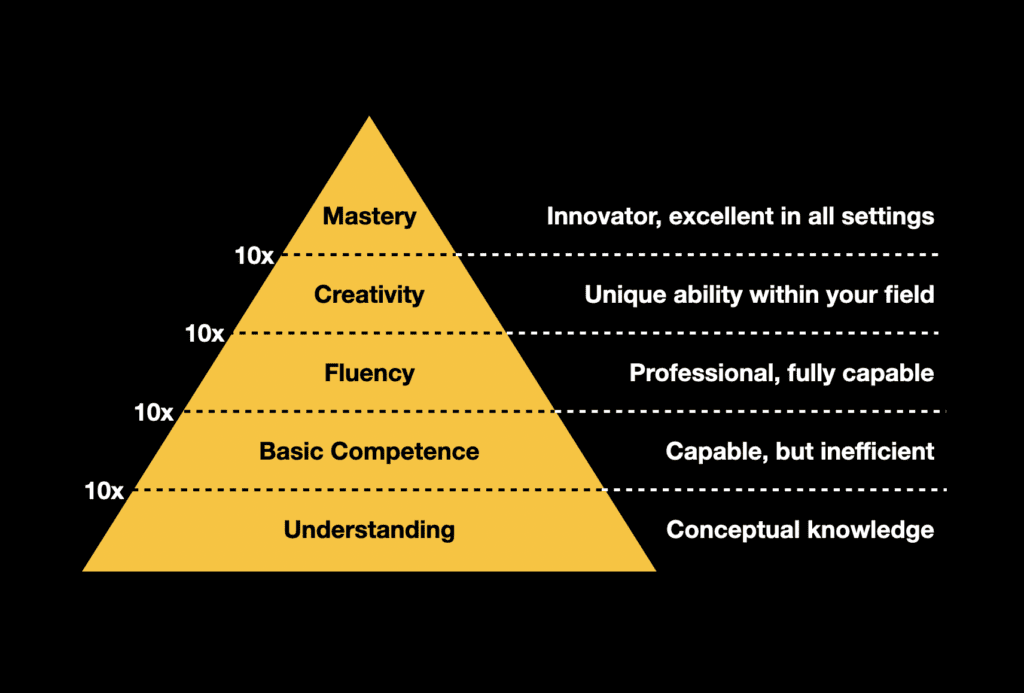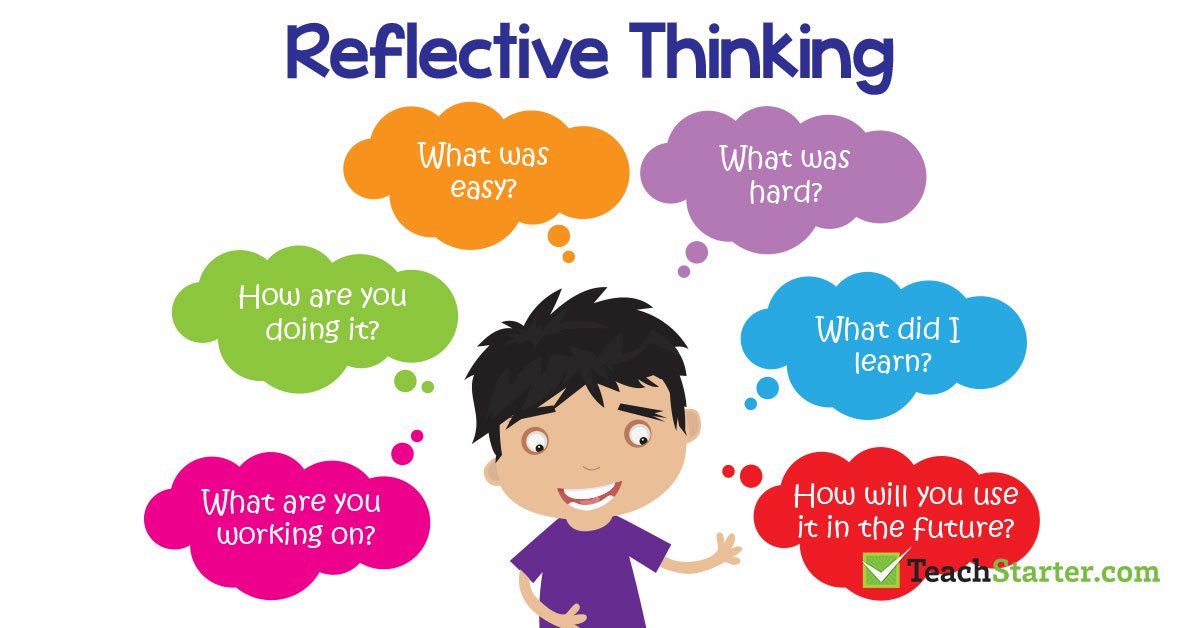Self-Acceptance Plays a Vital Role in Building Confidence
Creating a nurturing space of love and compassion within ourselves.
It begins by embracing every aspect of who we are, including our perceived flaws and imperfections. When we wholeheartedly love and accept ourselves, we cultivate a profound sense of worthiness and a genuine appreciation for our unique qualities.
Cultivating self-acceptance involves practicing self-love and compassion. We treat ourselves with kindness and understanding, extending the same warmth and care we would offer to a dear friend.
By showering ourselves with love, we create a nurturing environment that fosters growth and confidence.
An essential strategy in cultivating self-acceptance is replacing self-criticism with self-affirmation. We consciously challenge negative self-talk and choose loving and empowering statements instead.
Through this practice, we cultivate a gentle inner voice that speaks to our inherent worthiness and potential.
Engaging in self-reflection and identifying our values, strengths, and passions is a loving act of self-discovery. By understanding what truly matters to us and embracing our unique qualities, we align our actions with our authentic selves, strengthening our self-acceptance with each step forward.
Seeking support from loved ones or professionals is an act of self-compassion. Sharing our insecurities and fears with trusted individuals who offer empathy and understanding allows us to experience the healing power of love and compassion.
Their encouragement and guidance provide a nurturing space for personal growth and increased self-acceptance.
Prioritizing self-care is an expression of self-love.
Engaging in activities that bring us joy, peace, and fulfillment replenishes our emotional well-being and reinforces our self-acceptance. By honoring our needs and dedicating time to nourishing ourselves, we cultivate a deep sense of self-love and compassion.
In this chapter, we will explore some of these Obstacles and Understand how they can affect our Confidence:
Remember, cultivating self-acceptance is an ongoing journey rooted in love and compassion. With patience and a tender heart, we can embrace ourselves fully, celebrate our achievements, and extend love and compassion to every aspect of who we are.
Through this process, we nurture unwavering confidence and foster personal growth in a space brimming with love and compassion. Confidence, the driving force behind personal growth and success, can sometimes face significant hurdles on its path.
While confidence is a trait that can be nurtured and developed, there are various obstacles that can hinder its progress.
- Self-Doubt:
One of the most common obstacles that hinder confidence is self-doubt.
It's that nagging voice in our heads that questions our abilities, judgments, and decisions.
Self-doubt can arise from past failures, criticism from others, or simply the fear of not being good enough.
When we constantly question ourselves, our confidence takes a hit, making it difficult to take risks and trust our own capabilities.
Comparison:
Another significant obstacle that hampers confidence is the tendency to compare ourselves with others.
In today's social media-driven society, it's easy to fall into the trap of comparing our achievements, appearance, or lifestyles with those of others.
Constantly measuring ourselves against others can make us feel inadequate and diminish our confidence.
It's important to remember that everyone's journey is unique, and focusing on our own progress is crucial for building confidence.
Perfectionism:
Striving for perfection can be both a motivation and a hindrance to confidence.
While setting high standards can push us to excel, an excessive pursuit of perfection can become paralyzing.
The fear of making mistakes or falling short of expectations can erode our self-assurance.
It's essential to embrace imperfections and understand that making mistakes is a natural part of the learning process.
Past Failures:
Our past experiences, especially failures, can have a lasting impact on our confidence.
If we dwell on past mistakes and setbacks, it can create a fear of failure, causing us to doubt our abilities in future endeavors.
However, it's crucial to view failures as learning opportunities and understand that they do not define our worth or potential.
Embracing a growth mindset and focusing on lessons learned can help rebuild confidence after setbacks.
Negative Feedback:
Feedback, both constructive and negative, plays a significant role in personal growth.
However, excessive criticism or harsh judgments can deeply affect our confidence. It's important to differentiate between constructive feedback that can help us improve and unwarranted negativity that aims to bring us down.
Surrounding ourselves with supportive and encouraging individuals can help counteract the impact of negative feedback.
Fear of Rejection:
The fear of rejection is a powerful obstacle that can hinder confidence in various aspects of life.
Whether it's the fear of rejection in relationships, job applications, or social interactions, this fear can prevent us from taking necessary risks and exploring new opportunities.
Overcoming the fear of rejection requires developing resilience, embracing vulnerability, and recognizing that rejection is not a reflection of our worth.
By identifying and acknowledging these obstacles that hinder confidence, we can take proactive steps to overcome them. Building confidence is an ongoing journey that requires self-reflection, self-compassion, and perseverance.
With patience and a willingness to challenge these obstacles, we can gradually cultivate unwavering confidence and reach our full potential.
This chapter explains why building True Confidence
is gained through Competence:
Confidence is not an inherent trait that some people are born with and others are not. It is a skill that can be developed and nurtured over time.
One of the key pillars in building true confidence is competence:
Which involves acquiring knowledge and skills in a particular area and knowing how to perform tasks with proficiency. We will explore the stages you will have to go through to acquire true confidence through competence.
Stage 1: Setting Goals and Identifying Areas of Interest:
The first step in building confidence through competence is to set clear goals and identify areas of interest. Ask yourself, "What skills do I want to develop?" and "What areas do I want to excel in?" Choose areas that align with your passions, talents, and values. When you have a genuine interest in what you're learning, it becomes easier to stay motivated and committed to the process
Stage 2: Acquiring Knowledge and Skill Development:
Once you have identified your areas of interest, it's time to dive into acquiring knowledge and developing the necessary skills. This stage requires patience and dedication, as competence is built through consistent practice and learning. Seek out learning opportunities such as courses, workshops, books, or online resources. Take advantage of mentorship or find a role model who can guide you along the way
Break down the learning process into small manageable steps.
Start with the fundamentals and gradually progress to more advanced concepts. Embrace a growth mindset, understanding that mistakes and setbacks are part of the learning journey.
Celebrate small victories along the way, as they will boost your confidence and reinforce your progress.
Stage 3: Application and Practical Experience:
Acquiring knowledge is essential, but true confidence is built through practical application. Seek opportunities to apply what you've learned in real-life situations.
This might involve taking on projects, volunteering, or finding internships or part-time positions related to your chosen field. Through hands-on experience, you'll not only solidify your understanding but also gain valuable insights and learn to navigate challenges.
Don't be afraid to step outside your comfort zone and take calculated risks. Embrace failure as a learning opportunity rather than a setback. I call it failing forward.
Analyze your experiences, identify areas for improvement, and make adjustments accordingly. Each time you confront and overcome a challenge, your confidence will grow.
Stage 4: Mastery and Expertise:
As you accumulate knowledge, skills, and practical experience, you will move closer to mastery and expertise in your chosen area. Mastery is not a destination but a continuous journey of refinement and growth.
Seek feedback from experts, mentors, and peers to gain valuable insights into areas where you can further improve.
Additionally, embrace a lifelong learning mindset. Stay updated with the latest trends and advancements in your field, attend conferences, and participate in networking events.
Continuously challenge yourself to expand your skill set and push the boundaries of your competence.
Stage 5: Reflection and Self-Assessment:
True confidence requires self-awareness and honest self-assessment. Take time to reflect on your journey, evaluating your progress, strengths, and areas that still need improvement.
Acknowledge your achievements and the milestones you have reached. Celebrate your growth, no matter how small it may seem.
Identify any limiting beliefs or self-doubts that may hinder your confidence. Challenge and reframe these negative thoughts, replacing them with positive affirmations and a belief in your abilities.
Surround yourself with a supportive network of individuals who uplift and encourage you.
Conclusion:
Confidence built through competence is a powerful combination.
By setting clear goals, acquiring knowledge and skills, gaining practical experience, striving for mastery, and engaging in self-reflection, you can cultivate true confidence in your abilities.
Remember that building confidence takes time and effort, but with perseverance and a growth mindset, you have the potential to achieve remarkable levels of self-assurance and expertise.
Embrace the journey, embrace the challenges, and never underestimate the power of continuous learning and improvement.
By developing competence in your chosen field and knowing how to do something well, you lay a solid foundation for unwavering confidence.
Believe in yourself, trust in your abilities, and let your competence be the driving force behind your unshakable confidence.
I want to express my heartfelt gratitude to you for taking the time to read "Self-Acceptance Plays a Vital Role in Building Confidence." Your decision to explore this topic fills me with genuine appreciation, and I sincerely hope that you found it not only enjoyable but also enlightening.
My deepest desire is for you to take the valuable advice shared within the article and put it into action in your life. Embracing self-acceptance can be a transformative journey that leads to greater confidence, self-assurance, and a more positive outlook on life.
As you embark on this path of self-discovery and growth, I want to extend my sincerest well wishes to you. May you find the strength and courage to embrace yourself fully, with all your unique qualities and imperfections. Remember that true confidence comes from within, and by accepting and loving yourself unconditionally, you can radiate that confidence outwardly.
I genuinely hope that the contents of this article have provided you with valuable insights and practical guidance. May it serve as a source of inspiration on your personal journey towards self-acceptance and confidence-building.
In your pursuit of growth and positive change, remember that progress takes time and patience. Be kind to yourself along the way and celebrate every step you take, no matter how small.
If you ever feel the need for further support or encouragement, don't hesitate to seek help from loved ones or mentors who can provide valuable guidance and understanding.
Once again, thank you for being a part of this meaningful exploration of self-acceptance and confidence. May the lessons you've gained from this article enrich your life and lead you to a more fulfilling and joyful existence.
Wishing you all the best.
Developed by Carl Dunn - Mindset Mind Coaching.
29/06/2023









